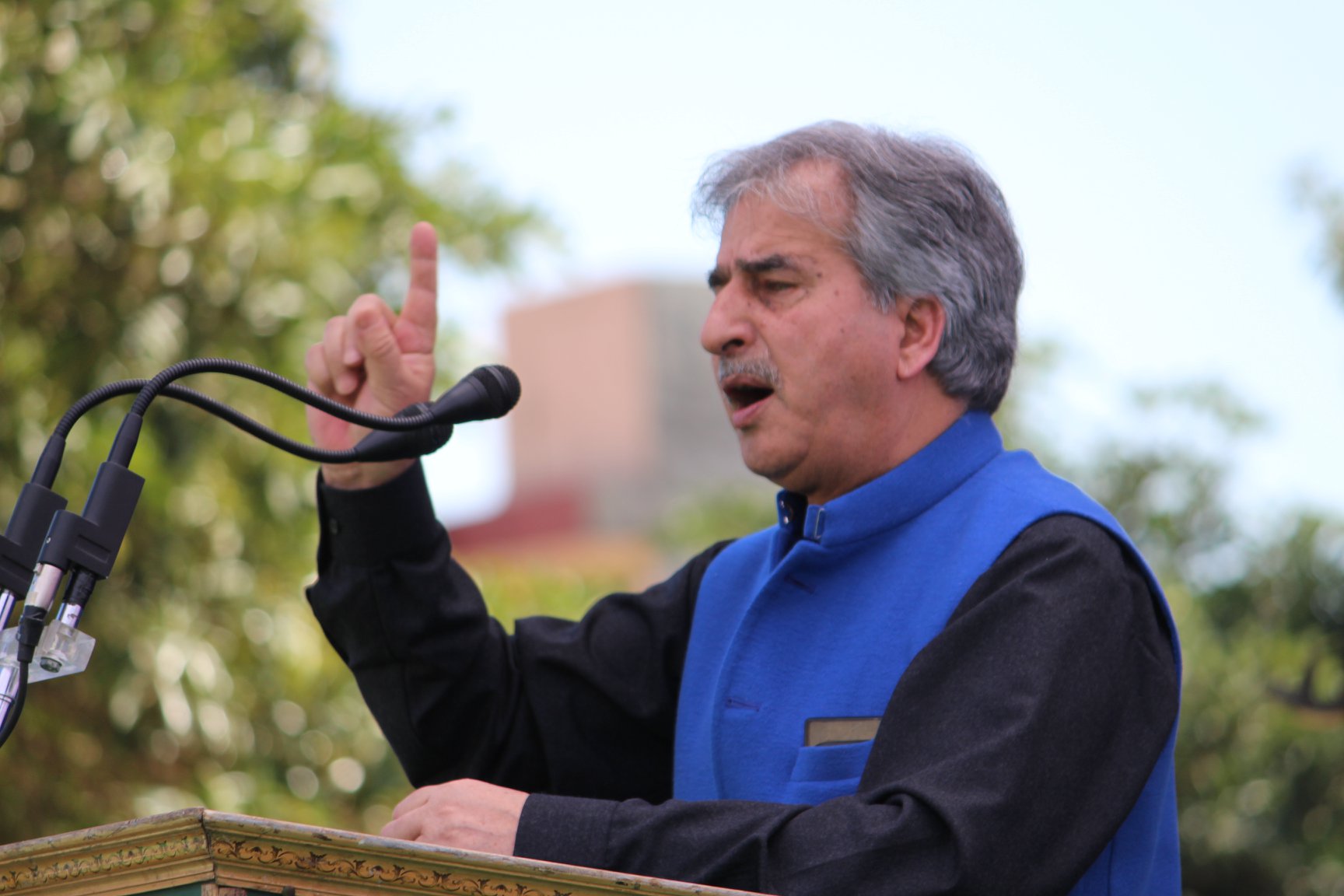Washington, Apr 25: President Donald Trump’s effort to ban immigrants from several Muslim-majority countries heads to the Supreme Court today, which will decide if his argument asserting national security interests was tainted by religious bias.
The case, known as Trump v. Hawaii, will address the president’s broad powers to set immigration policy, which the administration says permit Trump’s travel ban, one of his hallmark policies since taking office in January 2017.
Legal experts say the court is usually loathe to rule on executive powers.
But the travel ban’s focus on Muslim countries has left Trump the target of allegations that it violates constitutional religious protections, which led lower courts, including the federal court in Hawaii, to rule it illegal.
“This case has everything: weighty constitutional issues, complex statutory questions, and a fight over whether there are any real limits on a president’s power to control immigration,” said Cornell University law professor Stephen Yale-Loehr.
“Whichever way the court rules, the decision will have profound implications for Americans, immigrants, and the president.”
One of Trump’s first acts upon entering office in January 2017 was to announce a 90 day ban on travelers from Iraq, Syria, Iran, Libya, Somalia, Sudan and Yemen.
The sudden move caused chaos at airports, with people unable to enter despite holding visas, and some families sent back to their homelands. Tens of thousands of legal visas were revoked.
The order was made on national security grounds — purportedly to protect the country from terror attacks — and officials said the time limit would allow for a review and improvement of immigration vetting in those countries.
But critics alleged in court, successfully, that it essentially targeted Muslims.
They noted that during the election the previous year Trump repeatedly attacked the Muslim immigrants, whom he said “don’t assimilate” and “hate us.”
And his campaign website stated that Trump “is calling for a total and complete shutdown of Muslims entering the United States until our country’s representatives can figure out what is going on.” Lower courts ruled that Trump’s ban was illegal because of what they called an implicit bias against Muslims, violating the US Constitution.
The ban was reissued twice, each time with adjustments aiming to get around such rulings. The So-called Version 3.0 in September was open-ended and changed the countries. It included Iran, Yemen, Somalia, Libya, and Syria and added Chad, another predominantly Muslim country.
It also included North Korea and certain officials from Venezuela. Those additions, rights groups said, were cosmetic: North Koreans were already essentially blocked from the United States, and economic sanctions have limited Venezuelan officials from coming.
Lower courts again blocked Version 3.0, but the administration has successfully brought its appeal to the highest court, persuading the court to allow implementation while it reviews the case.
That has made it impossible for family members, businessmen and students from those countries to come to the United States even if they have been cleared by security reviews.
Normally the court should review the specifics of just the third travel ban version.
But lawyers say it cannot ignore the haphazard issuance of the first two versions and the ties to trump’s election promises and anti-Muslim statements.
“The court should take note of the breakdown of internal norms and legal processes within the executive branch that have led to a series of legally unworkable orders in the administration’s first year — as well as the president’s long public record of animus against the minority groups affected by those policies,” said lawyers W Neil Eggleston and Amanda Elbogen in an analysis on Just Security.
Nevertheless, Trump’s case could be bolstered by the lifting of the ban on travelers from Chad on April 10. The government announced that the country had cleared up questions on immigrant vetting — suggesting that the security issue, and not Muslims, is behind the ban.






